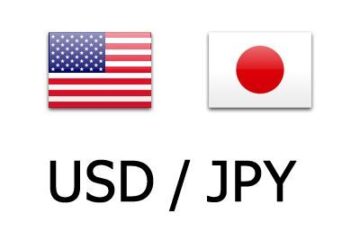TheStreet aims to feature only the best products and services. If you buy something via one of our links, we may earn a commission.
Cash management accounts are becoming increasingly popular as alternatives to bank accounts as brokerages such as Vanguard, Fidelity Investments, and TD Ameritrade try to deepen their relationships with clients.
While these accounts sound like complex financial instruments, they largely resemble a hybrid of bank accounts with which we’re already familiar.
💰💸 Don’t miss the move: SIGN UP for TheStreet’s FREE Daily newsletter 💰💸
What is a cash management account?
A cash management account is a highly versatile financial account that can combine the features of a savings account, a checking account, and a settlement fund. Typically, brokerage firms offer cash management accounts to provide clients with a more comprehensive range of financial services in one place.
Notable features of such an account may include:
Competitive interest rates on balancesDebit card and ATM access (some accounts will refund ATM fees)Check-writing and online bill payment servicesMobile check depositsAct as a sweep account to buy investments quickly
DON’T MISS: Important banking information you need to know
• Can You Have Multiple Brokerage Accounts? When It Makes Sense
• SIPC Insurance: What Assets are Protected?
• The Differences Between Money Market Accounts and Money Market Funds
Deposit insurance
The insurance coverage may vary depending on how the brokerage firm handles the deposits in cash management accounts.
For example, Vanguard’s cash management account holds cash in partnered banks, which provide Federal Deposit Insurance Corporation (FDIC) insurance coverage. Fidelity’s cash management offers the option to hold cash in a money market mutual fund, which would fall under Securities Investor Protection Corporation (SIPC) insurance coverage.
Related: This is how much you need to save to travel in retirement
Either way, rest assured that funds in cash management accounts are covered by some form of deposit insurance.
Pros
Streamlined finances. You get greater control over your finances when you can see it all in one place–instead of having separate accounts for a different purpose.Possibly higher interest rates than bank accounts. More of than not, the interest rate on a cash management account is significantly higher than traditional savings accounts at a local bank.Greater account insurance (varies by firm). Some cash management accounts offer insurance of cash deposits above the standard limits provided by FDIC insurance coverage.
Related: How Al Pacino went from a net worth of $50 million to broke
Cons
Less of a physical presence. Brokerage firms do not operate a large number of physical locations, unlike national banks that operate thousands of branches and ATMs. More comprehensive and urgent banking services may be unavailable. A bank can provide a long list of services not commonly available with a brokerage cash management account. Examples include cash deposits, money orders, and medallion signature guarantees.Signing up for a brokerage account may be required. Some brokerages require an existing brokerage account in order to gain access to the cash management account.
A series of U.S. dollar bills is shown.
Shutterstock
Does a cash management account make sense for you?
Cash management accounts can be very attractive for consumers who handle their everyday finances digitally. You might be able to take advantage of stellar interest rates or convenient ATM access.
These accounts can also be game-changers for consumers who prefer to consolidate their entire financial setup into just one account. This can simplify personal money management. It becomes easier to track the progress of your finances, possibly increasing the likelihood that you will take action to make improvements.
Related: Veteran fund manager sees world of pain coming for stocks


